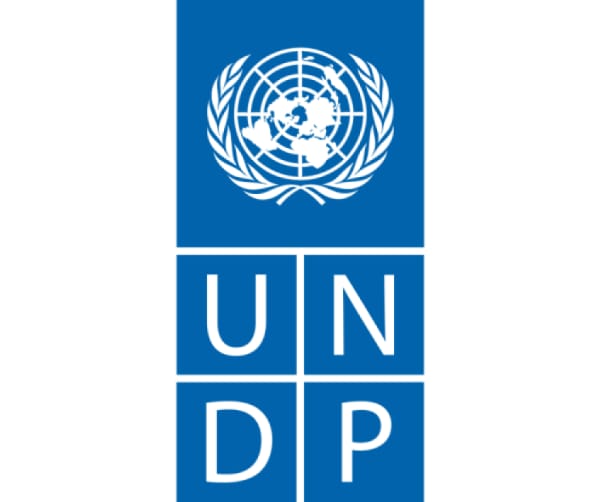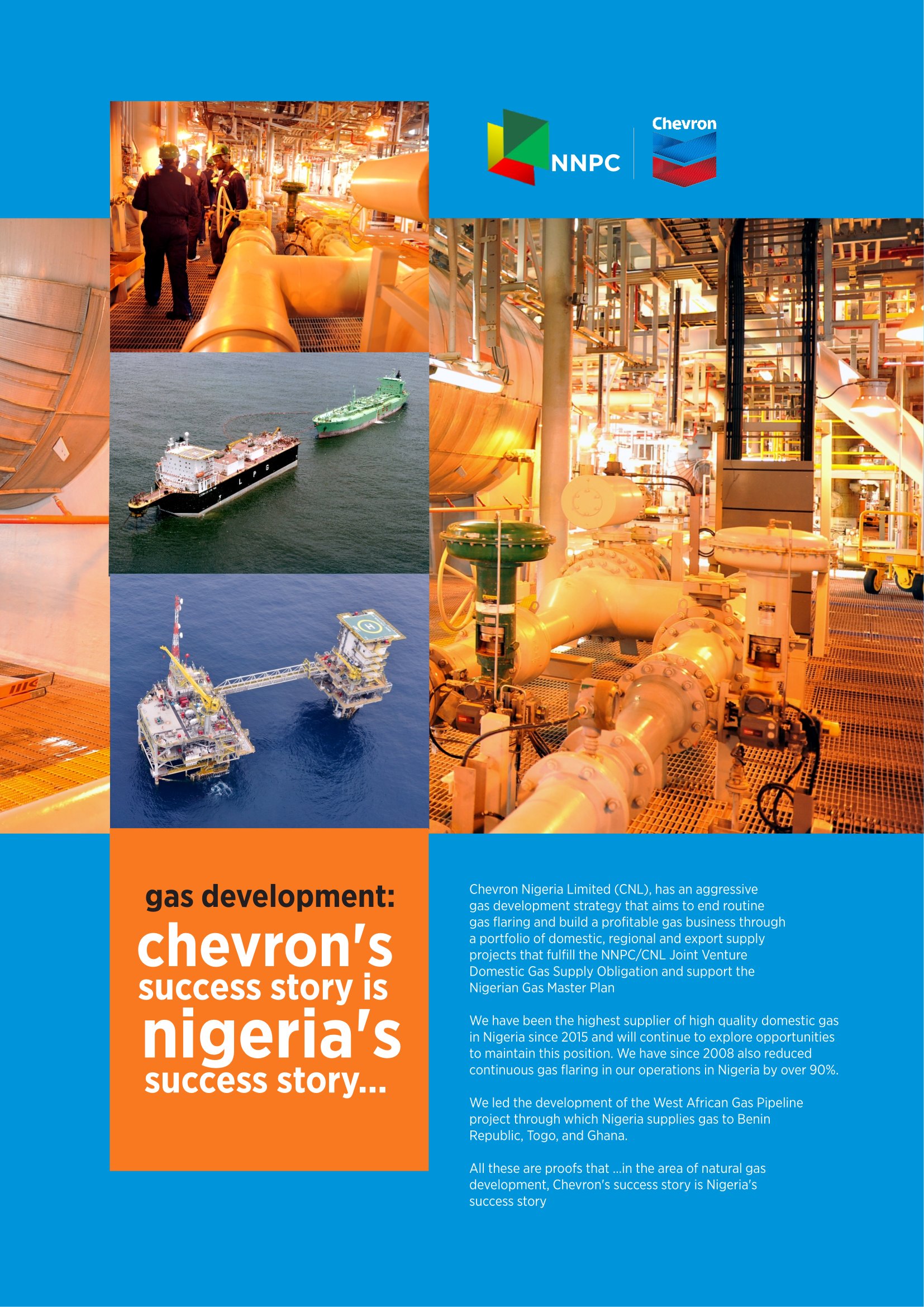Chuks Oyema-Aziken
The United Nations Development Programme says it’s supported interventions are aligning with the expanded mandate of the Great Green Wall and are yielding important social and economic benefits by supporting the development of micro, small and medium enterprises and improving the access to financing mechanisms (such as loans and insurance) for vulnerable groups.
UNDP in a press release said the project has a strong focus on women and youth.
“UNDP is supporting the countries connected with the Great Green Wall to advance climate change and natural resource governance priorities set by the initiative.
“With UNDP’s support, vulnerable nations across the region are designing innovative and far-reaching interventions that focus on landscape restoration and protection, the introduction of resilient and energy efficient practices to reduce pressure on natural resources in case of climate shocks, providing reliable access to water for agriculture, livestock and household consumption, improving transboundary water management, or sensitizing stakeholders and planning for the peaceful sharing of natural resources.
“By relieving pressure on natural resources, mitigating risks from climate change, and providing new livelihood opportunities, these initiatives are reducing the causes of conflicts and insecurity in the Sahel, which can be directly linked to increased climate risks, poverty, insecurity, displacement and other factors.
“The Great Green Wall covers countries where 60 to 75 percent of the population is employed in agriculture (such as the Central African Republic, Chad, Ethiopia, Mali and Niger). With climate change causing droughts, floods and disrupting weather patterns, lives and livelihoods are being put in the crosshairs.
“Human pressures on natural resources – in particular water abstraction for irrigation and wood for energy – are increasing throughout the region. Experts are linking these pressures on natural resources with conflicts and even the rise of terrorism and insurgency in the region.
“In the Lake Chad Basin, the Komadugu Yobé river cuts across 6 states in Nigeria and the Diffa region in Niger. Unplanned development works in the upstream portion of the river in Nigeria are causing significant changes in the water regimes downstream in Niger due to the reduced infiltration capacity of surrounding modified riverbanks.
The Lake Chad Basin Project, financed by the Global Environment Facility (GEF) and implemented by the Lake Chad Basin Commission (LCBC) has initiated talks to increase the communication and cooperation between representatives from the different Nigerian States and the Diffa region to improve the management of water resources and systems.
“Niger was raising concerns about the release of large quantities of water by Nigeria since 2012, but didn’t have the adequate platform to communicate with the responsible decentralized authorities. The exchanges organized as part of the project are reducing the risks of future conflicts in a volatile region and ensuring the implementation of the Water Charter, including with the protection of rivers and riverbanks,” says Diawoye Konté, the project manager.
UNDP’s work with governments, local partners and a large range of stakeholders such as the Pan-African Agency of the Great Green Wall will remain fundamental for the scaling-up of these efforts, providing the building-blocks for sustainability, and a long-term vision for peace in the Sahel, Africa and beyond.




